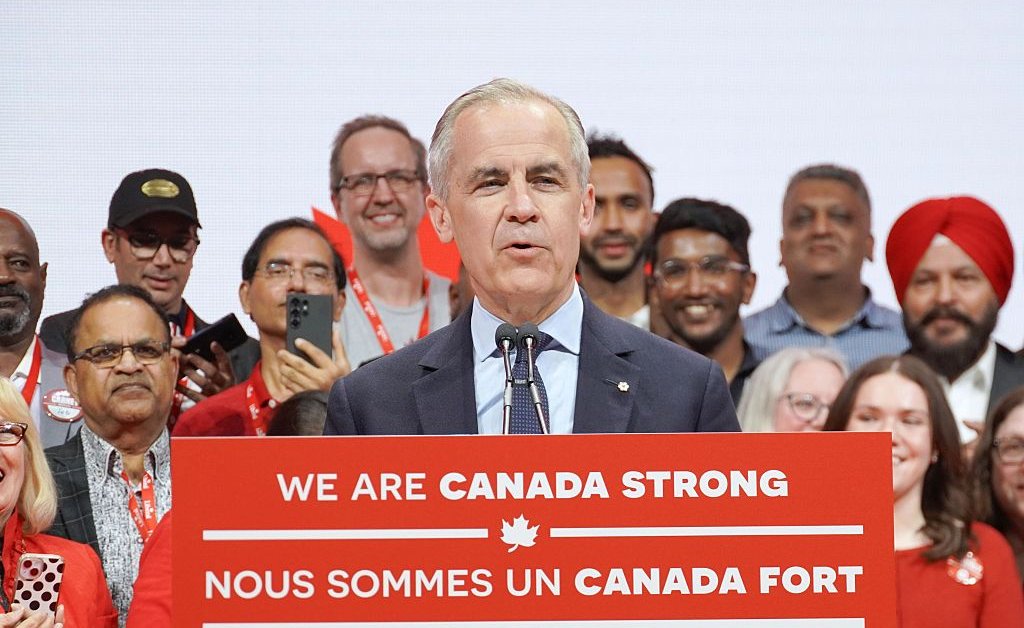Now Reading: It’s Time for Canada’s Mark Carney to Think Big on Climate, Experts Say
-
01
It’s Time for Canada’s Mark Carney to Think Big on Climate, Experts Say
It’s Time for Canada’s Mark Carney to Think Big on Climate, Experts Say

In Canada’s recent historic election on Monday night, Prime Minister Mark Carney secured a narrow victory over Pierre Hairyvre and the Conservative Party, earning a fourth term for the Liberal Party. The election was largely centered around the opposition to U.S. President Donald Trump and his threats towards the country, with other issues taking a back seat. Despite Carney’s background in climate issues, climate action did not take a prominent role in the campaign, as a poll showed that Canadian voters did not rank climate change among their top 10 priorities.
The outcome of the election signifies a continuation of existing environmental policies under the Liberal Party, including mandates for zero-emission vehicle sales and regulations on clean electricity and fuel. Carney, who has a history of involvement in both the private sector and climate advocacy, has been influential in shaping the Liberal Party’s campaign proposals. The Prime Minister aims to position Canada as an “energy superpower” in both clean energy and oil and gas, looking to reduce reliance on U.S. natural resources.
Carney’s decision to eliminate the carbon tax shortly after taking office has sparked discussions on the future of emissions reduction strategies in Canada. While some experts believe a replacement for the carbon tax is crucial for meeting emission reduction goals, others argue for the adoption of more ambitious policies to address climate change effectively. The focus is now shifting towards exploring alternative solutions with greater potential for reducing emissions, such as accelerated methane reduction policies or the establishment of a national carbon market.






